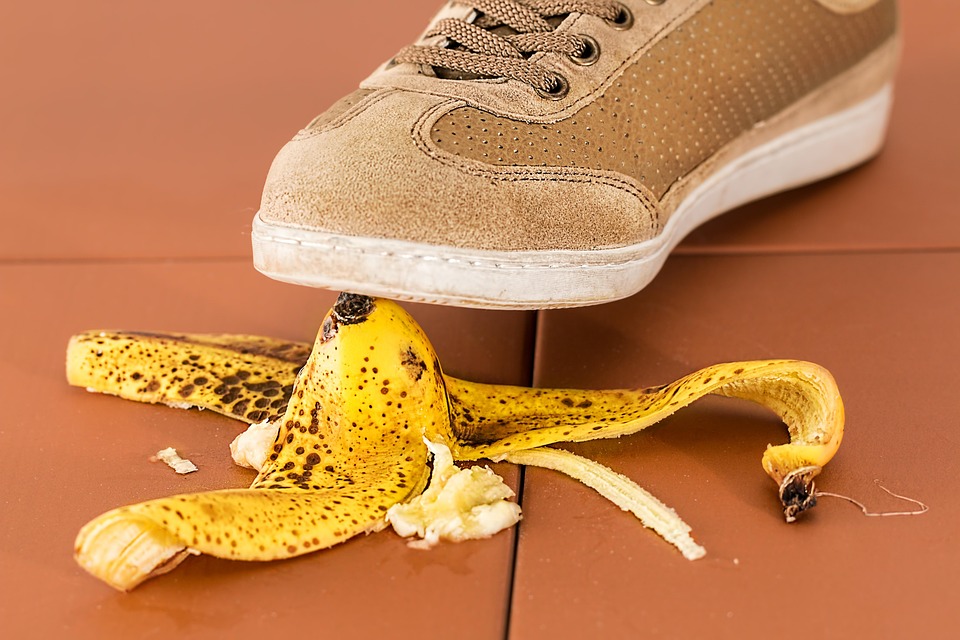In today’s world, it’s more important than ever to safeguard your valuables when you’re on the go. Whether you’re traveling, running errands, or just out and about, there are steps you can take to ensure that your treasures stay secure. In this article, we’ll discuss some tips for safeguarding your valuables on the go, including how to protect your belongings from theft, loss, and damage. By following these tips, you can enjoy peace of mind knowing that your valuables are safe and secure.
Why is it important to secure your valuables?
Securing your valuables is essential for several reasons. First and foremost, it helps protect your investment. Whether you’re carrying cash, jewelry, electronics, or other high-value items, losing them can be a significant financial loss. Additionally, securing your valuables can help prevent identity theft and fraud. If your personal information falls into the wrong hands, it can be used to steal your identity, access your accounts, and commit other crimes. Finally, securing your valuables can give you peace of mind and allow you to enjoy your time out and about without worrying about the safety of your belongings.
Use a secure bag or wallet
One of the easiest ways to protect your valuables on the go is to use a secure bag or wallet. Look for bags and wallets that have features like RFID blocking technology, slash-proof materials, and locking zippers. These features can help prevent thieves from stealing your belongings and keep them safe from damage. Additionally, choose a bag or wallet that fits comfortably on your body and can be easily secured with a strap or buckle. This will make it harder for thieves to snatch your bag and run off with your valuables.
Keep your valuables out of sight
When you’re out and about, it’s essential to keep your valuables out of sight. Avoid carrying large amounts of cash or displaying expensive items like jewelry or electronics. Instead, keep your valuables hidden in a secure pocket or compartment where they can’t be easily seen or accessed by thieves. If you must carry valuables in a bag or purse, keep it close to your body and avoid setting it down or leaving it unattended. This will help reduce the risk of theft and keep your belongings safe.
Be mindful of your surroundings
Another important tip for safeguarding your valuables on the go is to be mindful of your surroundings. Pay attention to who is around you and be cautious of strangers who may be watching or following you. Avoid walking alone in unfamiliar or dangerous areas, and stay in well-lit, populated areas whenever possible. If you feel unsafe or threatened, trust your instincts and seek help from a trusted individual or authority figure. By staying aware of your surroundings, you can reduce the risk of theft and keep yourself and your valuables safe.
Use technology to track and protect your valuables
In addition to physical security measures, you can also use technology to track and protect your valuables on the go. Consider investing in a GPS tracker or a Bluetooth-enabled device that can help you locate lost or stolen items. You can attach these devices to your belongings and use a smartphone app to track their location in real-time. Additionally, consider using a mobile security app that can help you remotely lock, wipe, or track your electronic devices if they are lost or stolen. By leveraging technology, you can add an extra layer of protection to your valuables and increase your chances of recovering them in case of theft or loss.
Conclusion
Safeguarding your valuables on the go is essential for protecting your investment, preventing identity theft, and enjoying peace of mind. By following the tips outlined in this article, you can keep your treasures safe and secure while you’re out and about. Remember to use a secure bag or wallet, keep your valuables out of sight, be mindful of your surroundings, and use technology to track and protect your belongings. By taking these steps, you can reduce the risk of theft, loss, and damage to your valuables and enjoy your time on the go with confidence.








